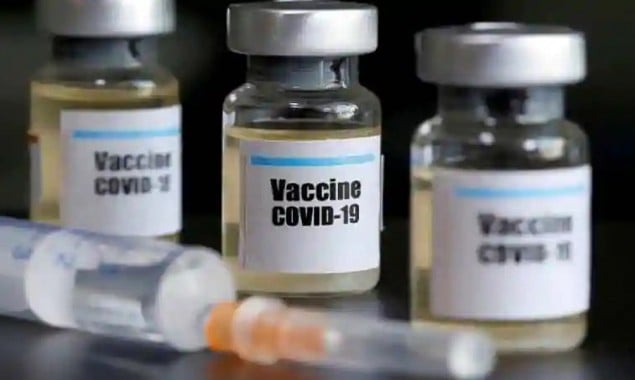What will be the price of corona vaccine?
Dow University’s doctor Shaukat Ali has said that coronavirus treatment will not...

The world has introduced a different number of vaccines to fight the COVID-19 pandemic, which also continues to grow.
AstraZeneca and The University of Oxford have teamed up in the United Kingdom to produce a recombinant vaccine made from a reformed chimpanzee adenovirus. Similarly, another candidate is from China’s Sinovac Biotech. The Sinovac vaccine uses more customary vaccine technology, trusting on deactivated virus elements to produce an immune reaction.
Numerous trials are still proceeding and submissions could be presented to the Food & Drug Administration (FDA) in the future to add to the nation’s collection against COVID-19.
AstraZeneca vs. Sinovac effectiveness
Both the AstraZeneca and Sinovac vaccines are still undergoing clinical trials across the globe, so there is some uncertainty as to how effective each vaccine is against COVID-19.
While AstraZeneca declared that the vaccine was 70-percent functioning, it was later revealed that the effectiveness was 62 percent in people who received two full doses, and closer to 90 percent in people who received one half and one full dose. AstraZeneca used these two percentages to average an effectiveness rate of 76 percent.
Sinovac’s vaccine is now approved by WHO, but the data is limited since a number of international studies on the vaccine are still underway. In one report, investigators report that 97 to 100 percent of people who received the vaccine in clinical trials established antibodies to COVID-19, but not all of the immune response markers measured in other studies were investigated for the CoronaVac vaccine.
The easiest transportable vaccine is so far Johnson & Johnson’s and AstraZeneca’s as they can be stored for up to six months between 36°F and 46°F, and on normal refrigerator temperatures.
Whereas The Moderna and Pfizer options, should be stored at subzero temperatures until they’re ready to be used, at -4°F and -94°F, respectively.
All four vaccines’ has almost similar side effects, including probable injection site pain and flu-like symptoms, including fever, fatigue, headaches, and muscle soreness, which are to be expected as your immune system is primed,
Pfizer and Moderna both are reported as being about 95% effective against COVID-19 after the second shot in clinical trials.
The Johnson & Johnson vaccine is about 66% effective at preventing symptomatic COVID-19, and 85% effective against the severe form of COVID-19 that can lead to hospitalization and death, per the FDA.
Whereas AstraZeneca’s United States trial report states that the vaccine is 76% effective against symptomatic COVID-19 infection after two doses spaced four weeks apart; it’s 100% effective against severe illness and hospitalization. Based on a previous study, the AstraZeneca vaccine might become even more effective with doses spaced further than four weeks apart; more research is needed to confirm the significance of this finding, however.
Catch all the International News, Breaking News Event and Latest News Updates on The BOL News
Download The BOL News App to get the Daily News Update & Follow us on Google News.